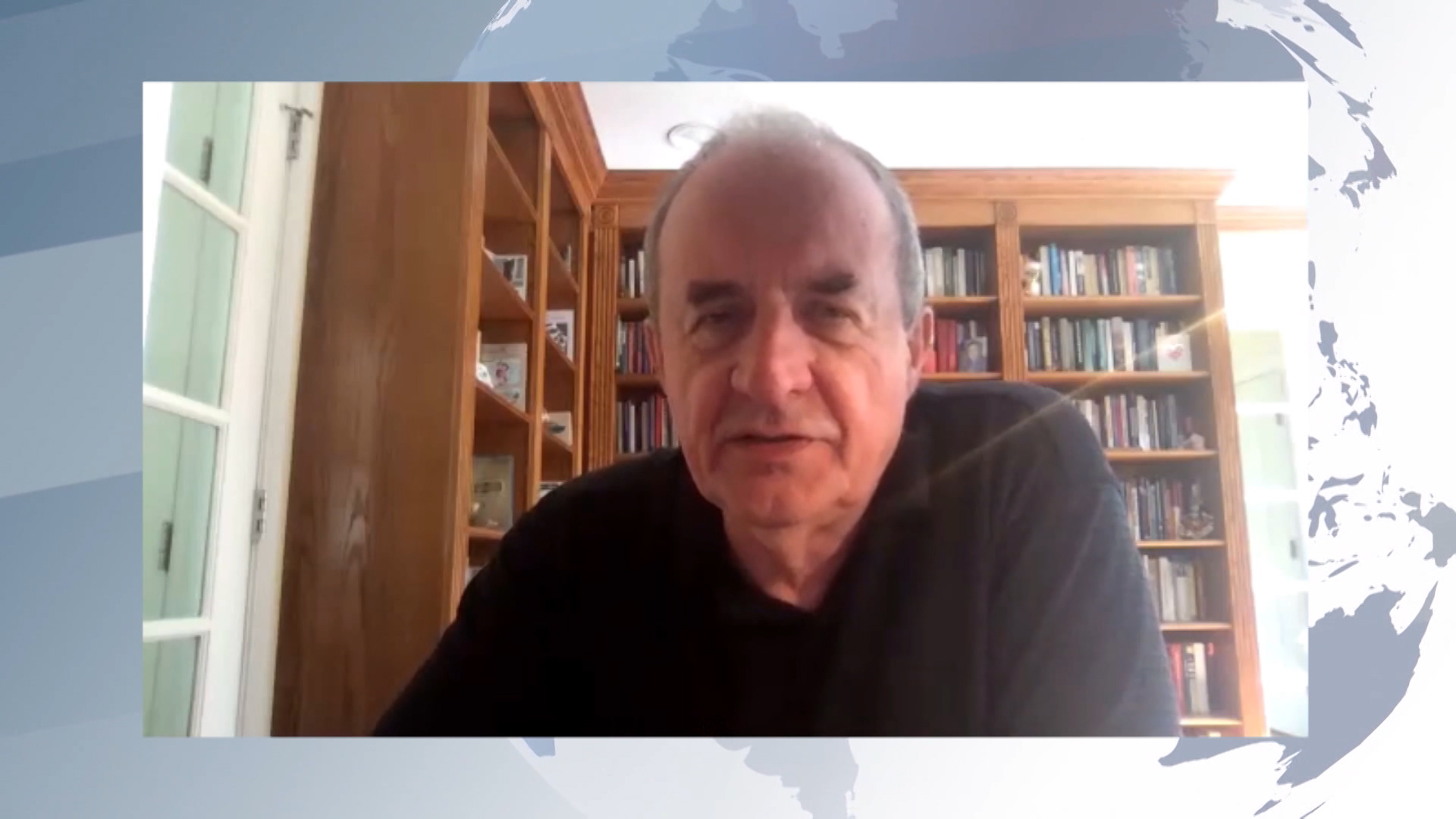
The current situation in Bosnia is the same as three years ago and the only difference is that threats are bigger and there are less hope and optimism, a prominent American analyst and expert on the Balkans, Janusz Bugajski, said in an interview to be aired on Thursday, adding that the stagnation in the country can lead to destabilisation via internal or foreign political factors.
He said he fears not just Bosnia's dysfunctionality and lack of progress towards the EU, but some provocation that would come from an external force, especially from the Russian President Vladimir Putin.
It could be a provocation, he noted, at a time when Putin wants to distract NATO and the EU from the problem in the Western Balkans in order to do something else, regardless of whether it is Ukraine, Belarus or somewhere else. This is the worst-case scenario Bugajski said he could imagine.
In his opinion, Bosnia is not ready for the consequences of such events and everyone is used to not doing their job, not moving towards the EU and enjoying the status quo. It gives them a sense of stability, but he does not believe such stability would last long.
The analyst confirmed that Bosnian Serb leader Milorad Dodik is playing a separatist game. His recent visit to Croatia is aimed at creating conditions for the formation of the third (Croat) entity in Bosnia, Bugajski speculated, adding that this is why Dodik wants an alliance with the Centre-right Croatian Democratic Union in Bosnia as well as with the Croatian government. Those two partners would help implement the idea of the third entity, the analyst added.
In this situation, he concluded, Bosniaks would be left in the middle. They would not face an open war but would suffer great diplomatic and political pressure which could be triggered by Russia when the time is right.
Following the 1992-1995 war, the country was subdivided into two semi-autonomous entities, the Serb-dominated Republika Srpska and the Croat-Bosniak shared Federation. This division left the Croat people dissatisfied because they did not get their own, Croat entity which was once formed during the war, in the form of a breakaway statelet called Herzeg-Bosna. Following the signing of the peace accords, the creators of Herzeg-Bosna were tried and convicted for war crimes by the International Criminal Tribunal for the former Yugoslavia (ICTY) and local courts, as were Serb leaders responsible for the creation of Republika Srpska.
Kakvo je tvoje mišljenje o ovome?
Učestvuj u diskusiji ili pročitaj komentare





 Srbija
Srbija
 Hrvatska
Hrvatska
 Slovenija
Slovenija







